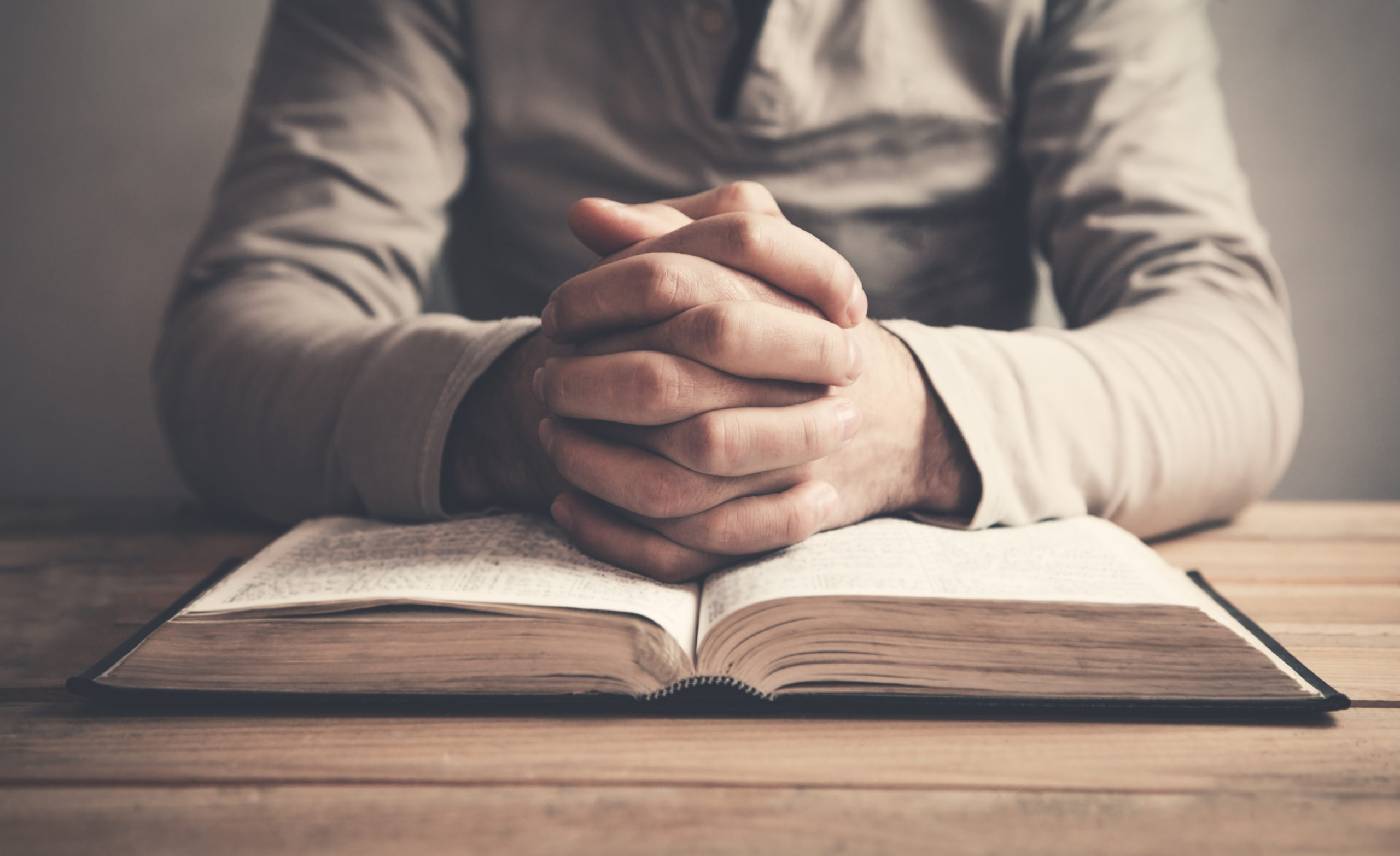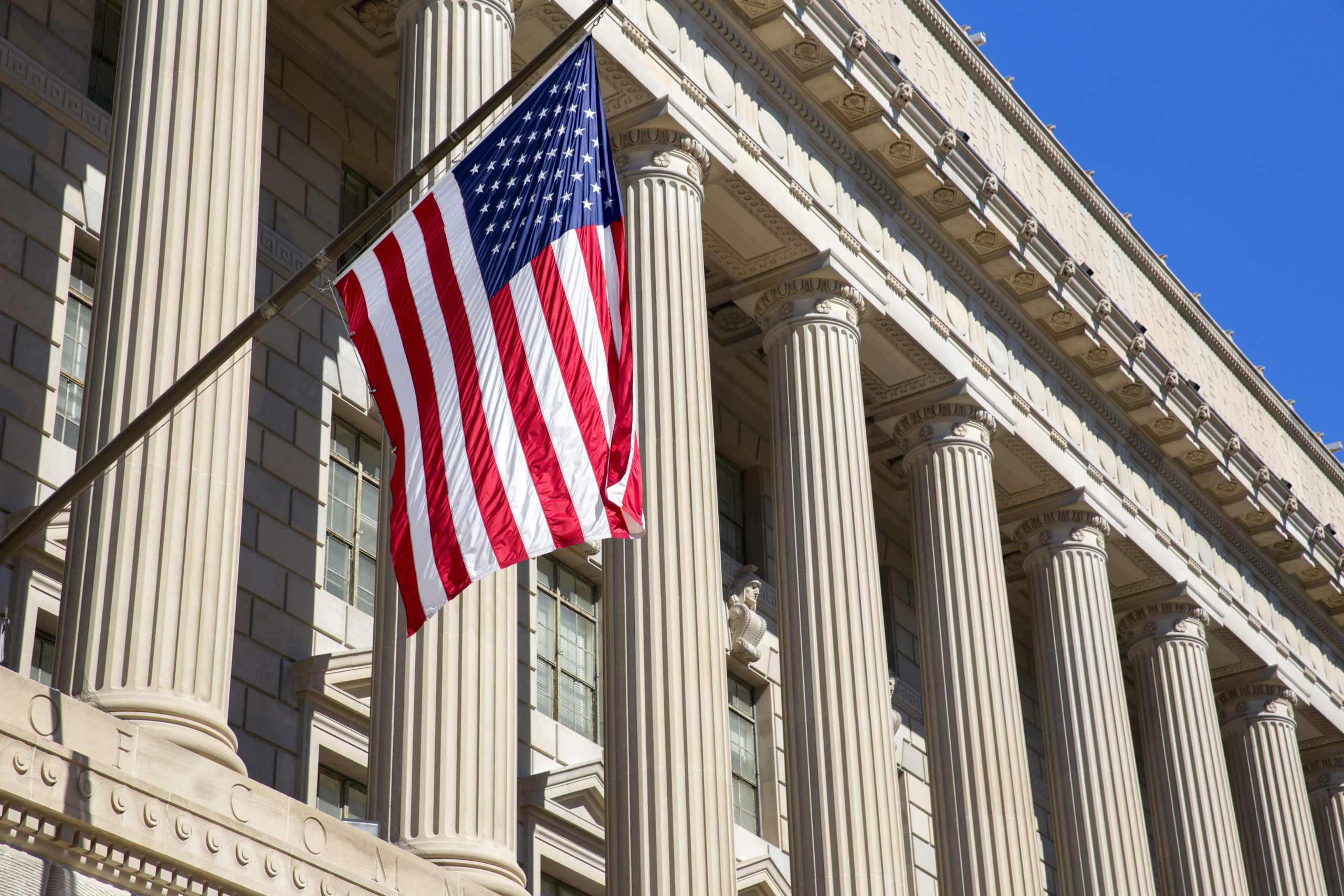

RECOMMENDED READING
When does something become a cliché? I’m not sure. Truisms lose a certain power after much repetition, but it doesn’t make them less true. That fundamental political conflicts are always theological is an old observation by theorists that still bears repeating, always suggesting something new. Examples: Our idea of nature or creation shapes our idea of law, and law, nature; or, sovereignty and authority reflect our concept of the divine. While to many the divine is theoretically a God, often in practice, and explicitly to others, the divine is us, human beings.
Approaching a cliché now is the observation that our political moment exhibits the hallmarks of a sort of religious revival. You have likely read the columns about this, the essays mentioning it in asides. They are everywhere. While it might make it boring, that does not make the suggestion false. There is something distinctly religious, and American in that religiosity, in the moment’s passion for racial justice, the confession and condemnation of civic and social sin, the eschatological concern with election—er, I mean the election.
Over at Mere Orthodoxy, Daniel DeCarlo has a new essay on the subject, “The Strange Death of the Populist Dream and the Victory of Woke Integralism.” It is a provocative title and a provocative piece. I look forward to talking it through with Dan over a beer (outdoors, don’t worry) some time soon, as I agree with some parts of it and disagree with many others. But this is a blog post not an essay, and so I can only touch on a little of it here.
I agree that populist or labor-focused policy makers risk forgetting the religious in their focus on material conditions. They may indeed, as he writes, “have vastly overestimated the value human beings attach to material conditions and vastly underestimated the inherently religious appeal of abstract concepts like justice, equality, and personal sin.” However, I disagree that the populist dream is dead, that promoters of labor and industrial policy have nothing to say to “the singular American faith in national redemption that drives the woke insurgency.” But I imagine that’s part of the point of the piece: to get people like you and me to remember the theology in our politics before it’s too late.
First, that agreement. The economic populists on the left and right, DeCarlo writes, appear to believe that “religious concerns (which encompass all concepts of non-economic justice, collective and individual codes of moral conduct, and abstract conceptions of the good) are downstream from economic and class realities.” The truth, as he reminds us, is that religion (though not the consumerist, therapeutic religion so common today) is the historic foundation of human societies. Men built cities around their temples. I don’t think that many of the self-described religious people pushing for populist economic policies would preach the material-conditions-first message aloud, but DeCarlo has a point. In practice they may indeed appear to forget that homo economicus is part of the problem.
And in a moment when so many people are so plainly hungry for a bigger idea of the human person, it is a problem to forget that. But I disagree with DeCarlo’s claim that a religious revival (and thus constitutional moment) around the temple of identity politics means dreams of new economic populism are dead on arrival. It is not clear how establishment adoption of this theology of race and sexuality meets the needs of the American working and lower-middle classes, materially, nor how it meets their religious and spiritual needs either. Tent meetings at universities and corporate retreats are politically significant, but so is an increasingly desperate third estate.
Revolutions are led by dissatisfied elites. We have plenty of those. Our religious moment is a revival amongst the credentialed, amongst the managers. It is the chattering class speaking in tongues on Twitter, nytimes.com, and cable news. Last decade’s language of toxicity proved too thin; systemic racism, and race itself, provides a much more satisfying account of sin, of good and evil. But revolutions require the normal people behind them, people who didn’t go to college, who aren’t on Twitter, who don’t know how to pronounce Latinx.
Though the religiously unaffiliated is a growing demographic (in 2018/19 Pew found 17 percent of U.S. adults identify as “nothing in particular”), the United States remains a deeply religious country. Chris Arnade’s journalism shows us how important faith and an earnest account of spiritual warfare are to the country’s most vulnerable and destitute. The religious fervor with which so many average Americans have latched on to the “QAnon” mythos is another reminder of people’s need for a story of personal good and evil to make sense of the world. Perhaps one of the most important class distinctions in America is a theological one: The ordinary people believe in demons.
A populist realignment of American politics, whether within the existing parties or by something new and pivotal, must take the fact that workers and freeholders are religious people and spiritual creatures into account. Of course anyone would say that the purpose of meeting material needs is so that people can “flourish” or achieve their dignity. But if we separate the policy by which those needs are met from any idea of the ends which they free a human being to pursue—if we say only free them to pursue their own good—we simply double down on the emptiness that got us here. Nature abhors a vacuum, says the cliché.
Labor policies, industrial policies, welfare policies, they all require an idea of what America is and an American can be. Right now that’s mostly just a market and consumer, and it’s not working. That can be changed, but only if the leaders who change it are willing to join the multitude, and learn to pray, “God bless America.”
Recommended Reading
The Limits of Principle
Supreme Court Justice Ginsburg’s death roiled an already unsettled the political scene. A pitched battle is underway over who will succeed her and when. David French urges Republicans to stand Read more…
Asymptotic Freedom
Far from being on a censorship slipper-slope, Big Tech will soon lose their ability to confine our interactions altogether.
The Limits of Regulatory Capture
A Response to Ganesh Sitaraman












